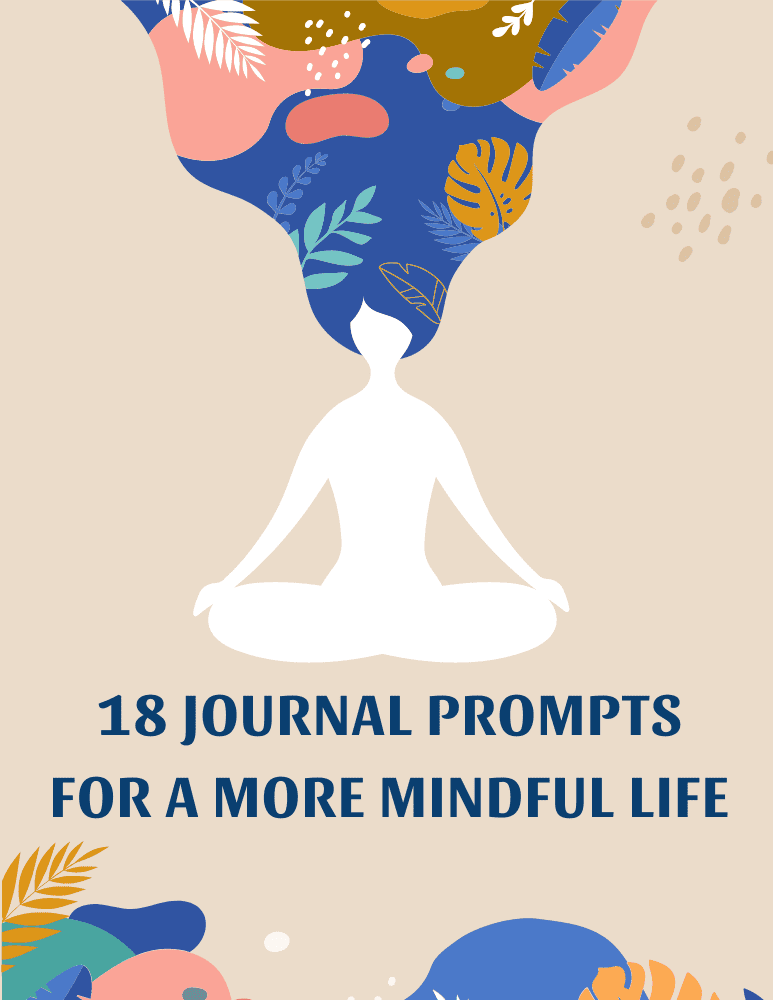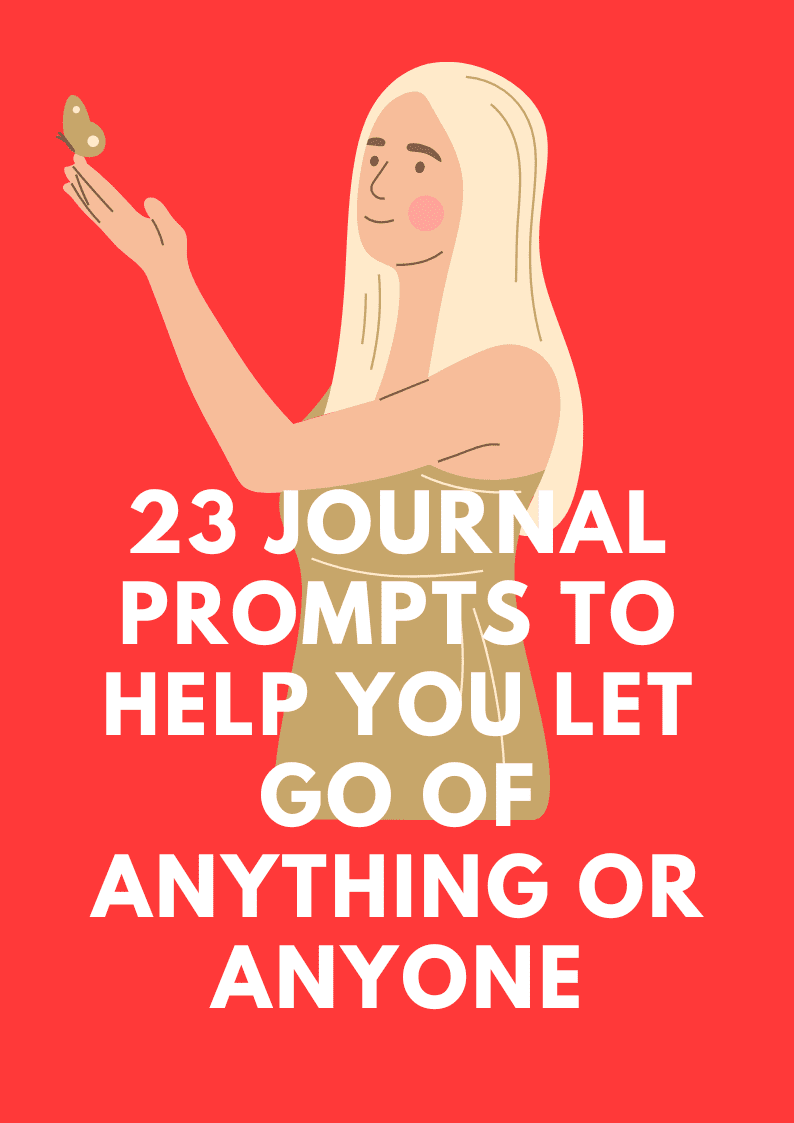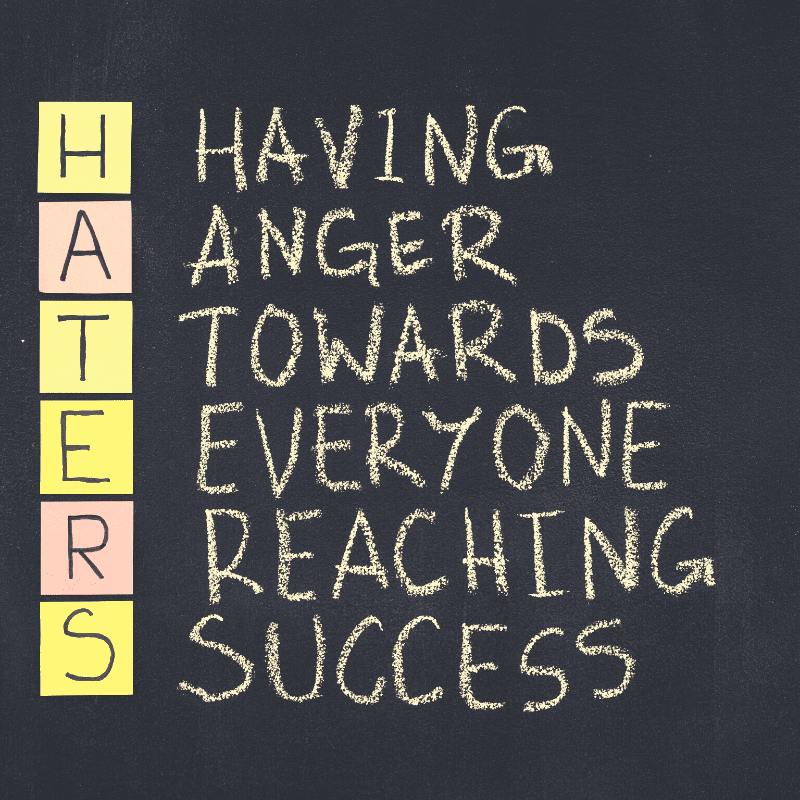Last Updated on February 29, 2024 by Jen
In a world that never stops moving, finding moments of calm can feel like an uphill battle. For stressed professionals, personal growth seekers, and wellness enthusiasts, the practice of mindfulness offers a sanctuary from the swirl of deadlines and responsibilities.
Journaling, when done mindfully, is not just about recording events; it’s about peeling back the layers of daily life to uncover a quieter, more present self.
Here are some journal prompts designed to guide you towards a more mindful existence. Each one is a step on a path toward appreciating the present moment and detaching from the chaos that often fills our days.
1. Reflect on a moment from today that brought you peace. How did it make you feel, and how can you invite more of this into your life?
This journal prompt can help you be more centered in life by acknowledging moments of peace that already exist. It allows you to recognize the things that bring you calm and happiness, and to actively seek out more of those experiences.
2. Write a letter to your future self, ten years from now. What advice would you give yourself about living more mindfully?
This exercise encourages introspection and reflection on how we are currently living our lives. It also allows us to imagine a future where we have incorporated more mindfulness, and prompts us to consider what steps we can take now to make that a reality.
3. Take five minutes to sit in silence and observe your surroundings. What do you notice? How does this quiet moment make you feel?
This journal prompt encourages the practice of mindfulness in our daily lives by simply taking a few minutes to be still and present.
By observing our surroundings, we become more aware of our surroundings and can appreciate the beauty and simplicity of the present moment.
4. What are three things you are grateful for right now? How does expressing gratitude make you feel?
Gratitude is an essential component of mindfulness, as it allows us to focus on the positives in our lives and appreciate them fully.
This journal prompt encourages us to take a moment to reflect on what we are grateful for, which can bring feelings of joy, contentment, and appreciation into our day.
5. Take a walk outside and focus on your breathing. How does connecting with your breath make you feel?
This exercise combines the physical practice of walking with the mental exercise of mindful breathing. By focusing on our breath, we can calm our minds and become more present in the moment.
6. Write down three things that have caused you stress or anxiety this week. How can you approach these situations with a more mindful mindset?
This prompt encourages reflection on common stressors in our lives and how we can approach them with a mindful perspective. By acknowledging our sources of stress, we can then work towards finding ways to manage and cope with them more effectively through mindfulness practices.
7. Take a moment to fully appreciate your surroundings and the people around you. How does this change your perspective?
Often, we get caught up in our own thoughts and worries, causing us to miss out on the beauty and joy around us.
This journal prompt encourages us to pause and take notice of our surroundings, allowing us to shift our perspective and perhaps find gratitude and appreciation for what we have in the present moment.
It can also deepen our connections with others by showing genuine interest and presence in their company.
8. Imagine yourself being completely present and mindful 24 hours a day. What does that look like to you?
This prompt encourages us to envision a life where we are constantly present and mindful. It can serve as a reminder of the benefits that come with living in the moment, such as reduced stress and increased happiness.
It also allows us to imagine how we can incorporate mindfulness into our daily routines and interactions, ultimately leading to a more fulfilled and conscious way of living.
Overall, this prompt invites us to strive for a more mindful and present lifestyle.
9. Picture the most mindful person you know. What are their top qualities and how can you adopt some of them?
Like the Raikov Effect, this prompt invites us to reflect on the qualities of a mindful person and how we can incorporate them into our own lives. By observing someone who embodies mindfulness, we can learn from their behaviors and attitudes and try to adopt them ourselves.
This can include being non-judgmental, practicing self-awareness, and having a sense of calmness and equanimity in the face of challenges. By emulating these qualities, we can gradually cultivate a more mindful and peaceful way of being.
Additionally, this prompt reminds us that mindfulness is not an innate trait but rather a skill that can be learned and developed through practice and intention. Overall, it encourages us to take inspiration from others on our journey towards mindfulness.
10. How can you incorporate mindfulness into your daily routine?
This journal prompt encourages us to reflect on the ways in which we currently practice mindfulness in our daily lives. It serves as a reminder that being mindful doesn’t necessarily require a large time commitment or specific activities, but rather can be incorporated into even the simplest of tasks and moments.
This could include taking a few deep breaths before starting the day, practicing mindful eating, or taking a moment to pause and appreciate the beauty of our surroundings.
By incorporating small moments of mindfulness into our daily routine, we can gradually cultivate a more present and aware way of living.
Additionally, this prompt prompts us to think about ways in which we may currently be multitasking or on autopilot in our daily lives, and how we can instead bring a sense of mindfulness and intentionality to each moment.
11. How badly do I really want to be more mindful in my life?
This journal prompt challenges us to reflect on our level of commitment and desire to incorporate mindfulness into our lives. It can be easy to say we want to be more mindful, but are we truly willing to put in the effort and make it a top priority?
This prompt encourages us to think about why exactly we want to become more mindful, whether it is for personal growth, stress management, or overall well-being. By understanding our true motivations, we can become more dedicated to the practice and make it a consistent habit in our daily lives.
12. What are some potential obstacles or challenges that may arise when trying to incorporate mindfulness into my routine?
Incorporating mindfulness into our daily lives can be challenging at times, especially when faced with busy schedules and distractions. This prompt asks us to anticipate these potential obstacles and brainstorm ways to overcome them.
It may mean setting specific times during the day for mindfulness practice, or finding creative ways to incorporate it into our daily tasks.
By identifying these challenges beforehand, we can be better prepared to stay committed and make mindfulness a regular part of our routine.
13. How can I hold myself accountable for practicing mindfulness regularly?
Accountability is key in forming any habit, and this prompt asks us to think about how we can hold ourselves accountable for practicing mindfulness regularly.
This could include setting reminders or journaling about our experiences with mindfulness.
It may also involve finding a supportive community or accountability partner who can help keep us on track.
By holding ourselves accountable, we are more likely to stay committed and see the benefits of mindfulness in our lives.
14. What resources can help me to be more mindful?
In addition to personal accountability, it can also be beneficial to seek out resources and guidance from experts in mindfulness.
This could include attending workshops or classes led by experienced practitioners, reading books or articles on the subject, or even seeking therapy from a licensed professional who incorporates mindfulness into their practice.
Not only can these resources offer valuable insights and techniques, but they can also provide a sense of community and support in our mindfulness journey.
Additionally, there are numerous apps and online resources available that offer guided meditations, mindfulness exercises, and other tools to help us cultivate a more mindful mindset.
15. What is one habit I get rid of in order to be more mindful?
What habits are getting in the way of you being more mindful?
For instance, one habit that can hinder our mindfulness practice is constantly multitasking and being overly distracted. In today’s fast-paced world, we are often encouraged to juggle multiple tasks and activities at once, leading to a constant state of busyness and distraction. This can make it challenging to fully engage in the present moment and be fully present with ourselves and others.
16. How can I let go of the need to do more?
Learning to release the incessant need to do more can significantly enhance your mindfulness practice. When you prioritize quality over quantity, you allow yourself the space to immerse fully in the present moment without the distraction of planning the next move.
This shift in perspective encourages a deeper appreciation for the now, fostering a sense of peace and contentment that is often overshadowed by the relentless pursuit of productivity.
By letting go, you open the door to a more mindful existence, where every moment is seen as enough.
17. What causes me to get lost in the future or past? How can I eliminate or reduce that?
Reflecting on what causes us to get lost in thoughts of the future or past through journaling can be a profound step towards cultivating mindfulness. By writing down our experiences and triggers, we create an external representation of our internal state, making it easier to observe and understand our patterns of thought.
This process not only helps in identifying specific events or concerns that pull us away from the present moment but also enables us to dissect our reactions and attachments to those thoughts.
18. What would it cost me if I don’t be more mindful?
Reflecting on the potential costs of not cultivating mindfulness through a journal prompt can be a powerful motivator to foster greater presence in our lives.
Such reflection encourages us to consider the real consequences of living on autopilot—missing out on the depth of relationships, the richness of experiences, and the growth opportunities that present themselves only when we are fully engaged in the moment.
This self-inquiry not only highlights the tangible losses, such as diminished mental well-being and reduced life satisfaction, but it also sheds light on the subtler costs, including the neglect of personal values and the squandering of time, our most finite resource.
By confronting these potential losses directly, we are spurred into action, motivated by a desire not just to avoid negative outcomes but to actively seek a richer, more connected life.





